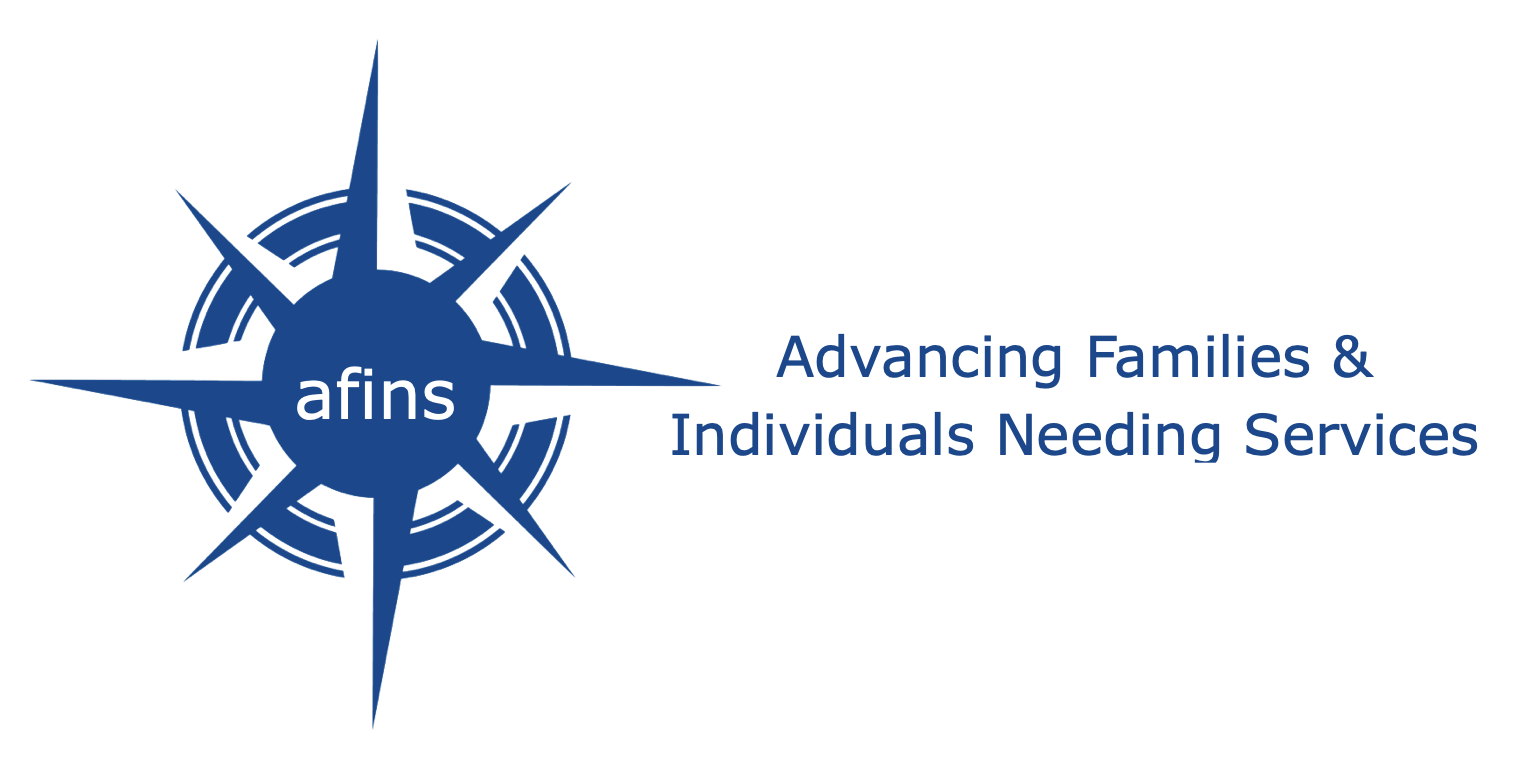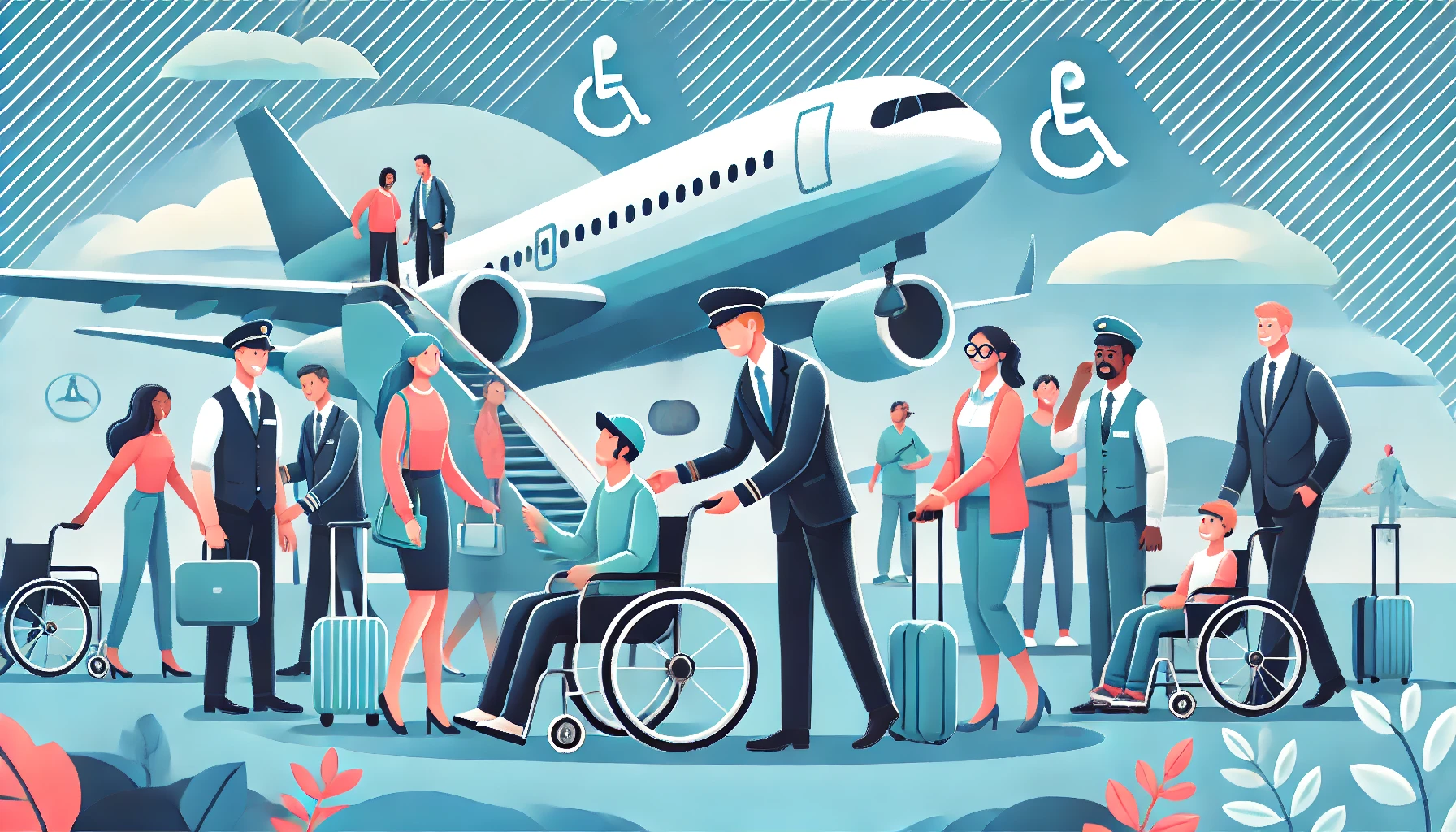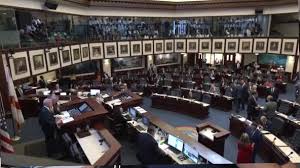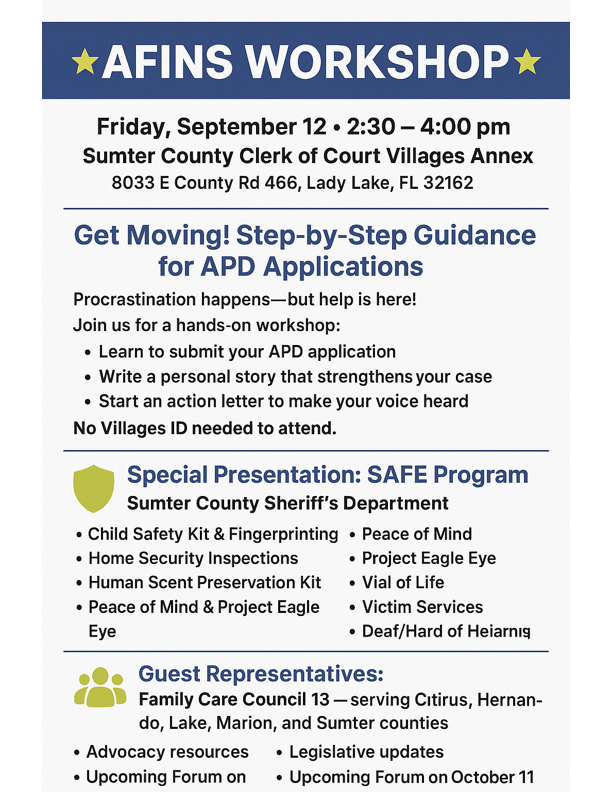The American Association of People with Disabilities (AAPD) has commended the U.S. Department of Transportation (DOT) for implementing comprehensive regulations to enhance air travel for passengers with disabilities. These new rules establish standards for safe and respectful assistance, mandate hands-on training for airline staff and contractors who assist passengers with disabilities or handle mobility equipment, and require prompt enplaning, deplaning, and connecting assistance. Additionally, airlines must ensure that any checked wheelchairs or assistive devices are returned in the condition they were received.
Maria Town, AAPD President and CEO, emphasized that air travel has historically posed significant risks to the independence, safety, and economic stability of individuals with disabilities. She praised the DOT’s leadership in addressing these longstanding issues, noting that for many, mobility equipment represents freedom and independence. Town highlighted that an estimated one in ten disabled individuals avoid flying due to concerns over potential damage to their equipment.
The DOT’s new rule aims to ensure that all passengers, regardless of disability, can travel safely and with dignity. Transportation Secretary Pete Buttigieg stated that the department has taken unprecedented actions to hold airlines accountable for fair treatment of passengers with disabilities. The rule includes clear guidelines for airlines to ensure that passengers using wheelchairs receive appropriate assistance and that their mobility devices are handled with care.
These regulations are part of a broader effort by the DOT to improve air travel accessibility. Previous initiatives include the establishment of the Airline Passengers with Disabilities Bill of Rights and funding for projects to enhance airport terminal accessibility.
The AAPD, along with other advocacy groups, has been instrumental in pushing for these changes, submitting comments and sharing stories from the disability community to highlight the need for stronger training programs and greater dignity for air travelers with disabilities.






